In the light of the upcoming management burn in Kalimna Park, here are a couple of photos to brood on. They were taken at a point on the Circuit Walk track last week. One side of the track was burned by DELWP five years ago, and looks like this:
The other side was not burned, and looks like this:
On the face of it, the unburned section has less fuel than the ‘fuel reduced’ section. The photos illustrate the complexity of fuel reduction exercises. Contrary to widespread belief, fuel reduction burns don’t vacuum up all the fuel, leaving it nice and safe: they may provoke prolific regrowth, and even increase the fuel load. That’s why detailed research should accompany every burn, to show all aspects of the exercise, ecological and safety related. This, of course, would cost a lot of money…
DELWP has put a lot of research effort into the upcoming burn, perhaps provoked by the efforts of community workers to document the presence of the Copper Butterfly. Its preparation works for this exercise have provoked some disquiet. We’ll report on these in future posts.

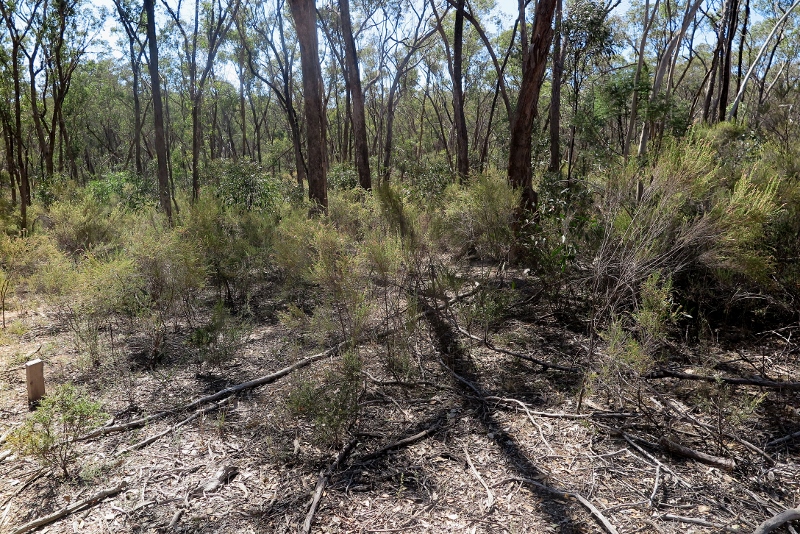
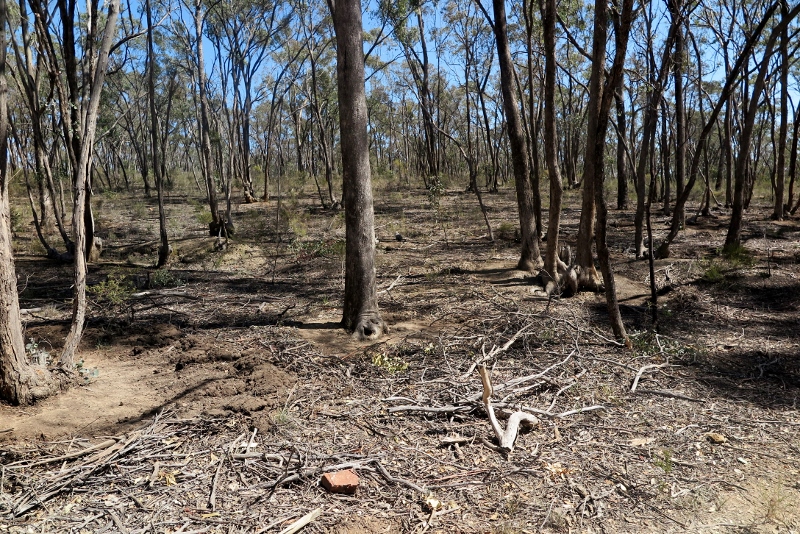

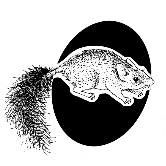
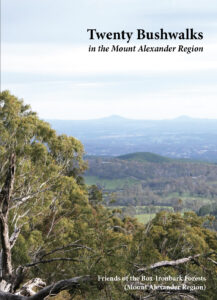
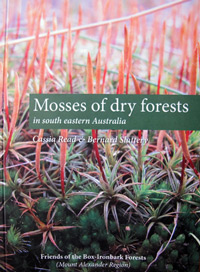 Click on image for info/order page
Click on image for info/order page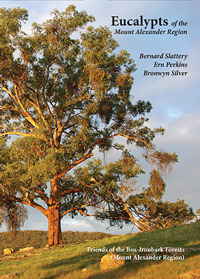 Click on image for info/order page
Click on image for info/order page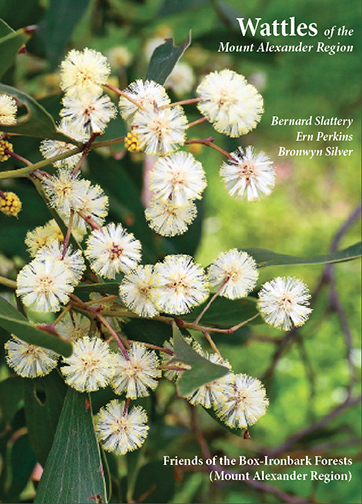 Click on image for info/order page
Click on image for info/order page
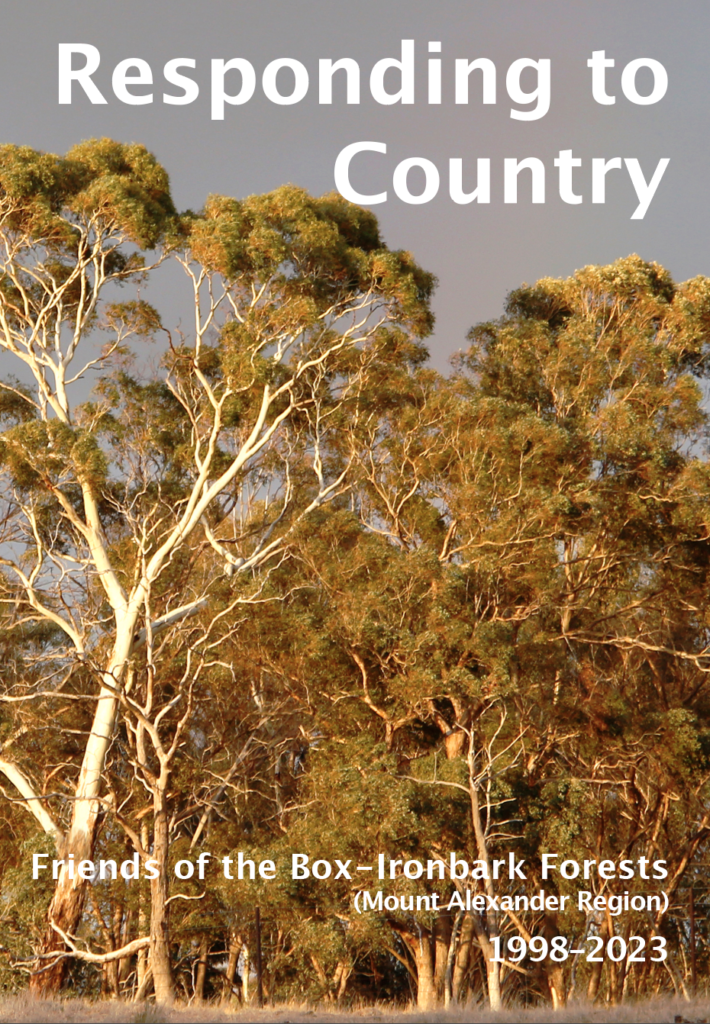


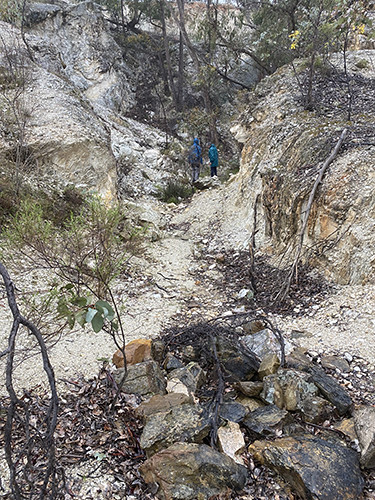



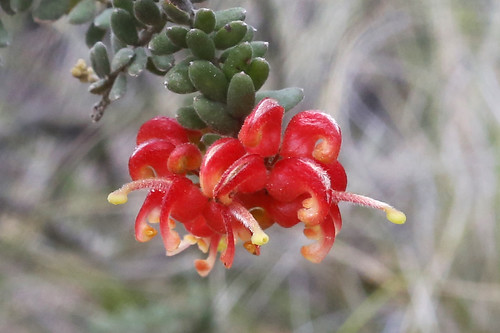













Great post. Why doesn’t DELWP appreciate that fire is an intervention and the land/forest/ecosystem responds to heal itself. Burns need objectives – a clear statement about what is intended – is the aim to “disrupt” – which it might be in some circumstances? And what ecological response is desired? And then does it happen – i.e. monitoring!
It is not as though forest managers are not aware of the problem of massive regrowth after prescribed burns. For years they have been shown photo evidence and taken on tours to show the catastrophic results of burns in our area.
Unless there is public education of the terrible effects of prescribed burning in our area I believe change will not happen . It would be great to have 4 Corners come and do a documentary on this subject……there are many examples